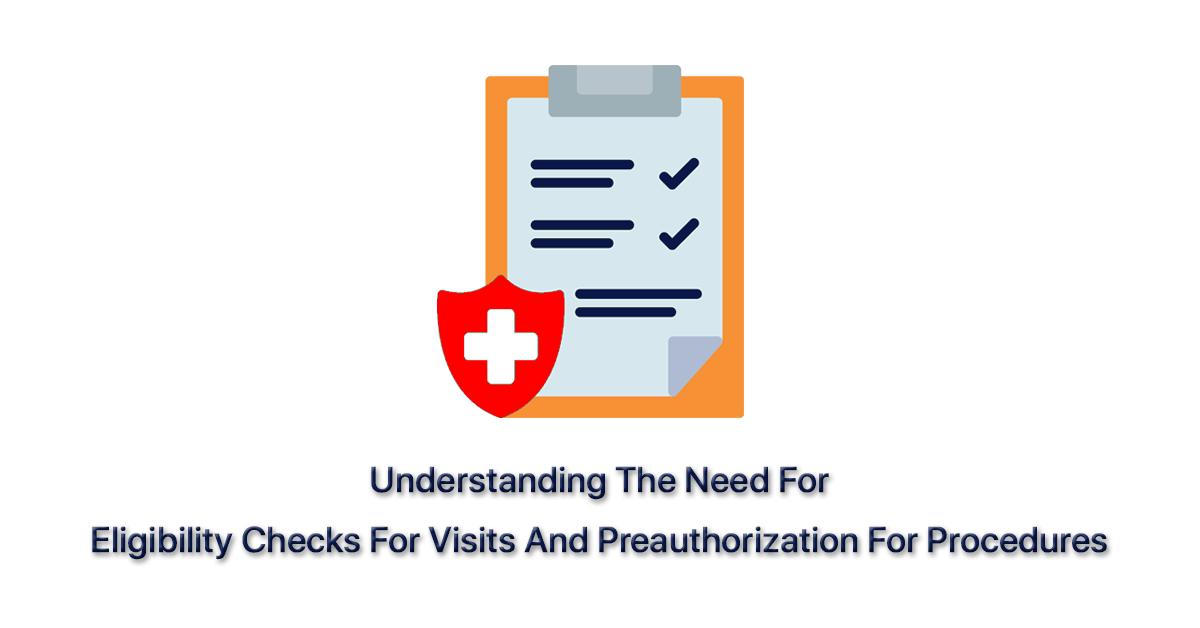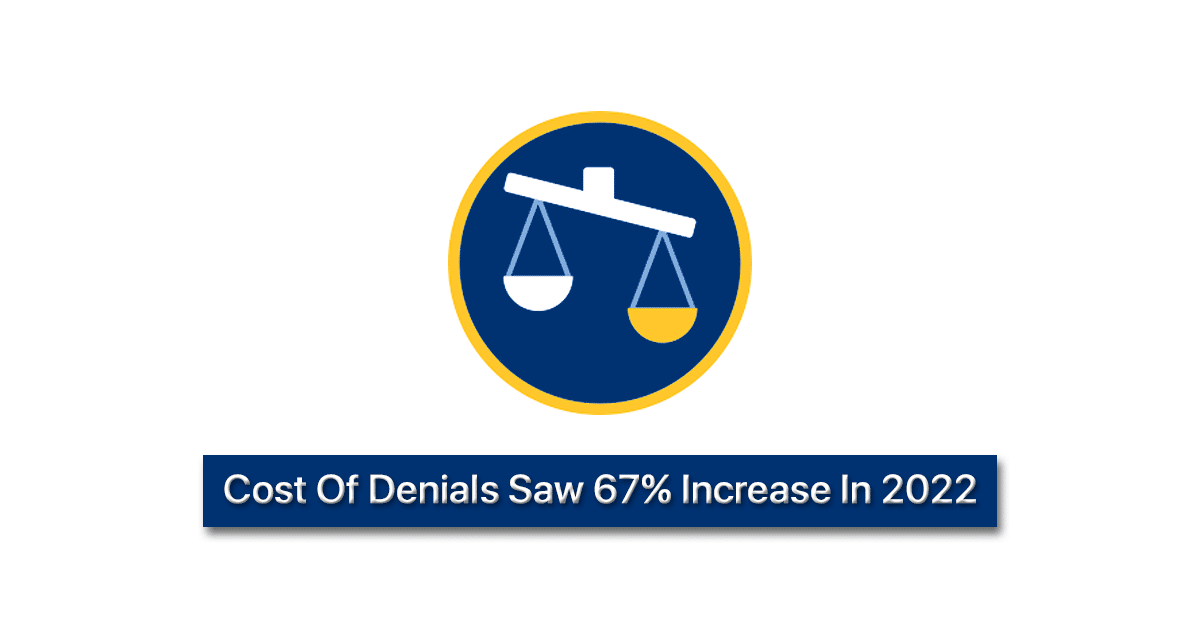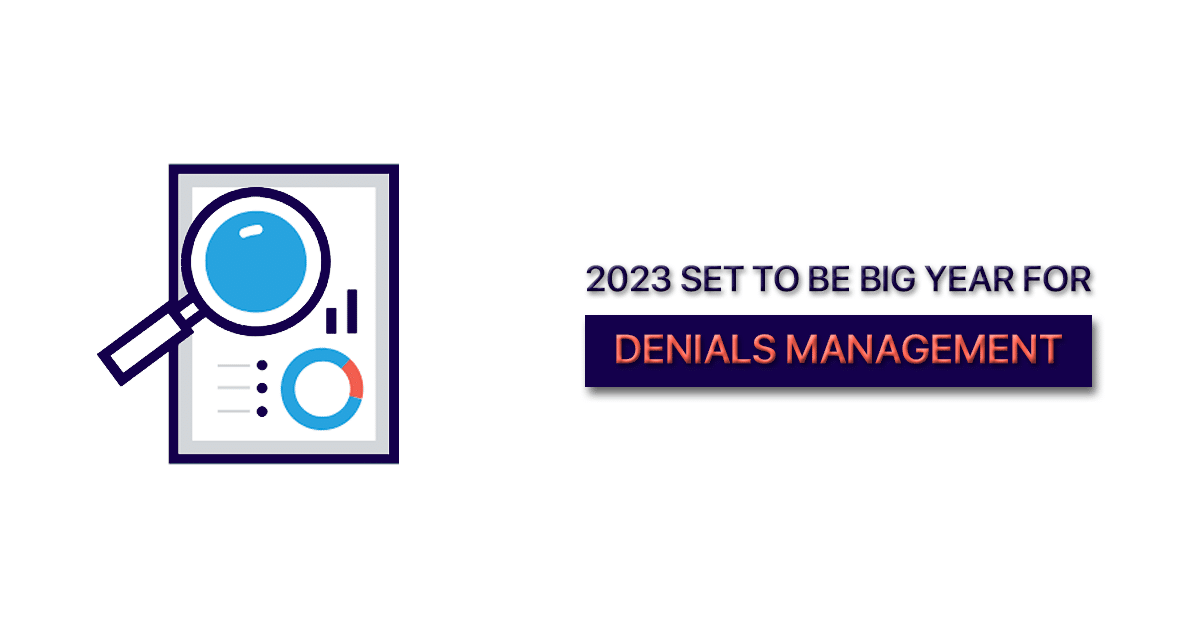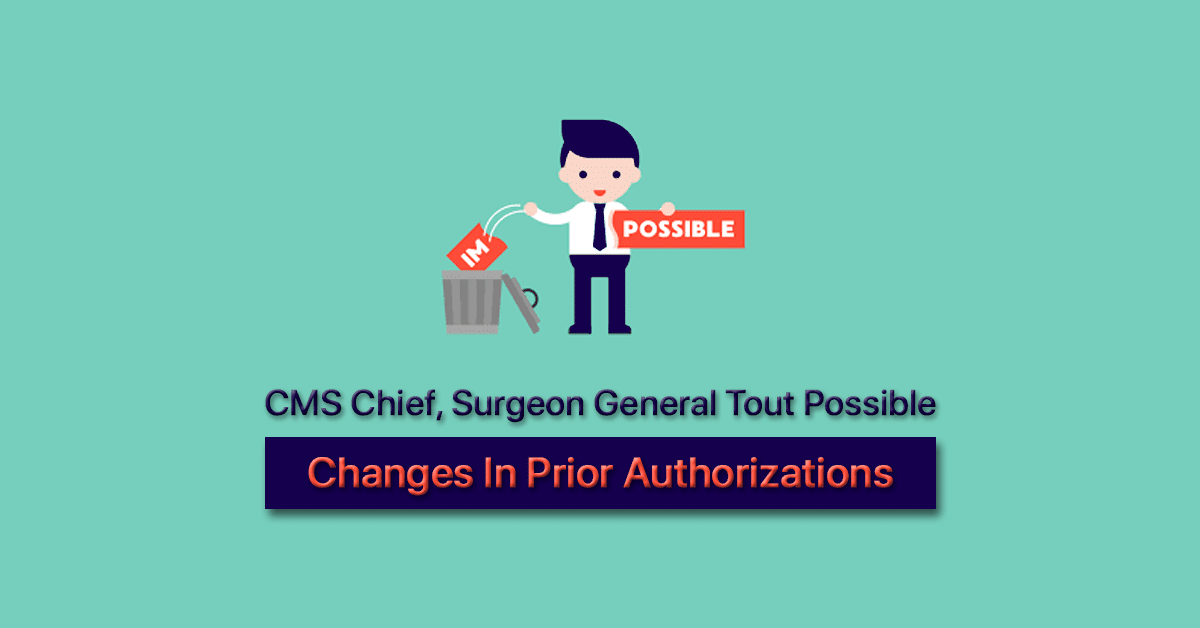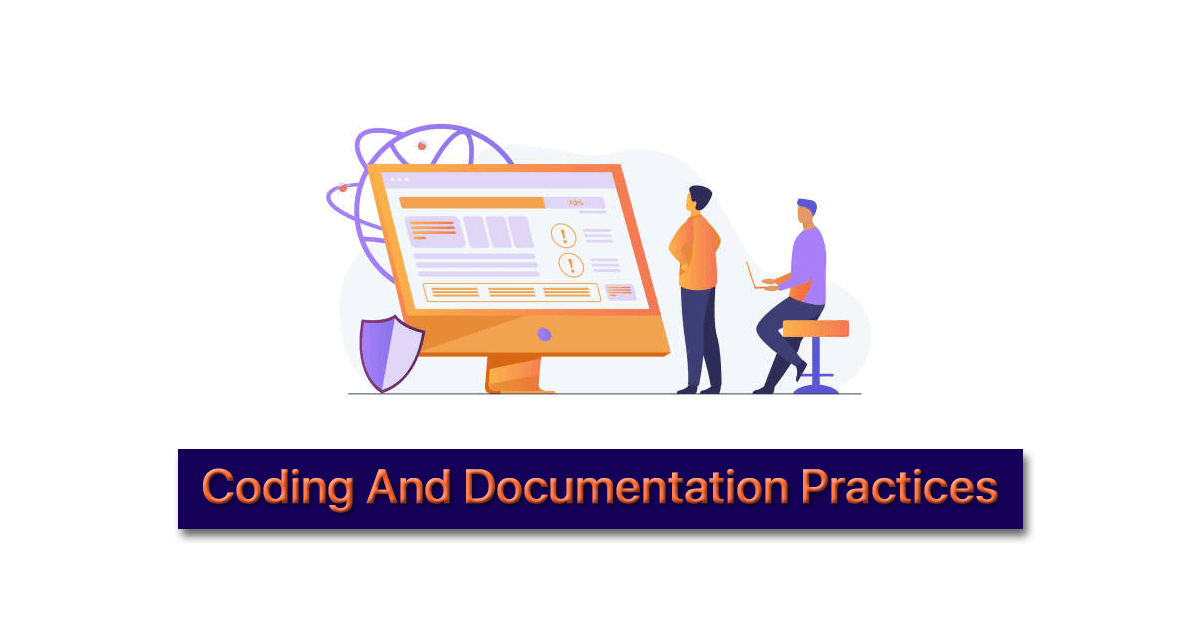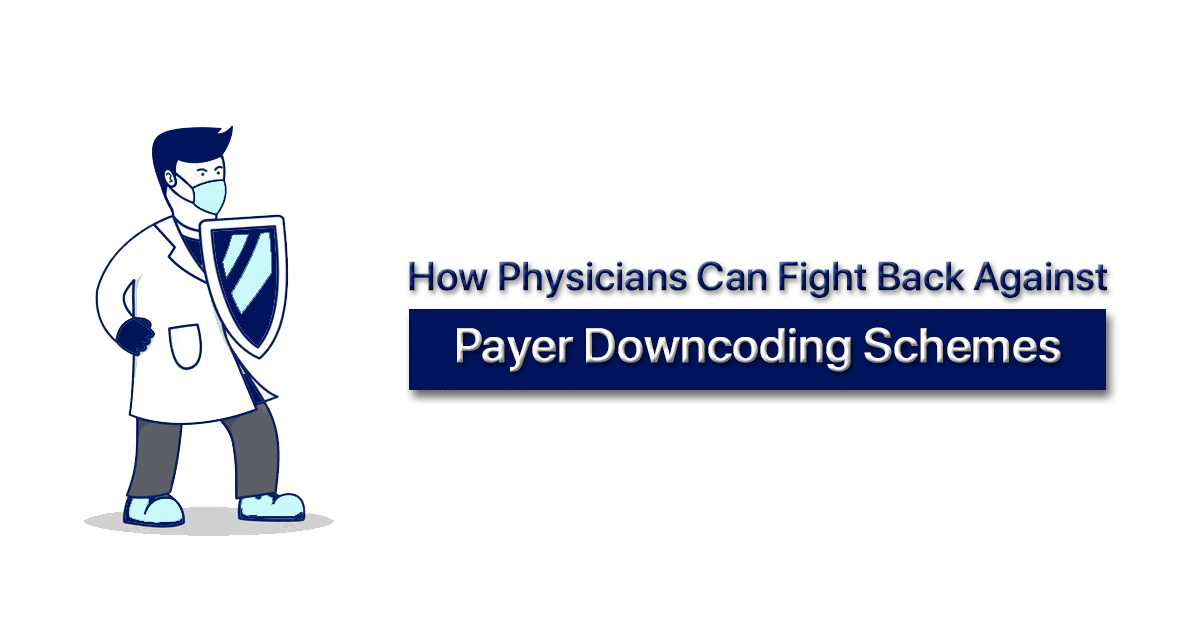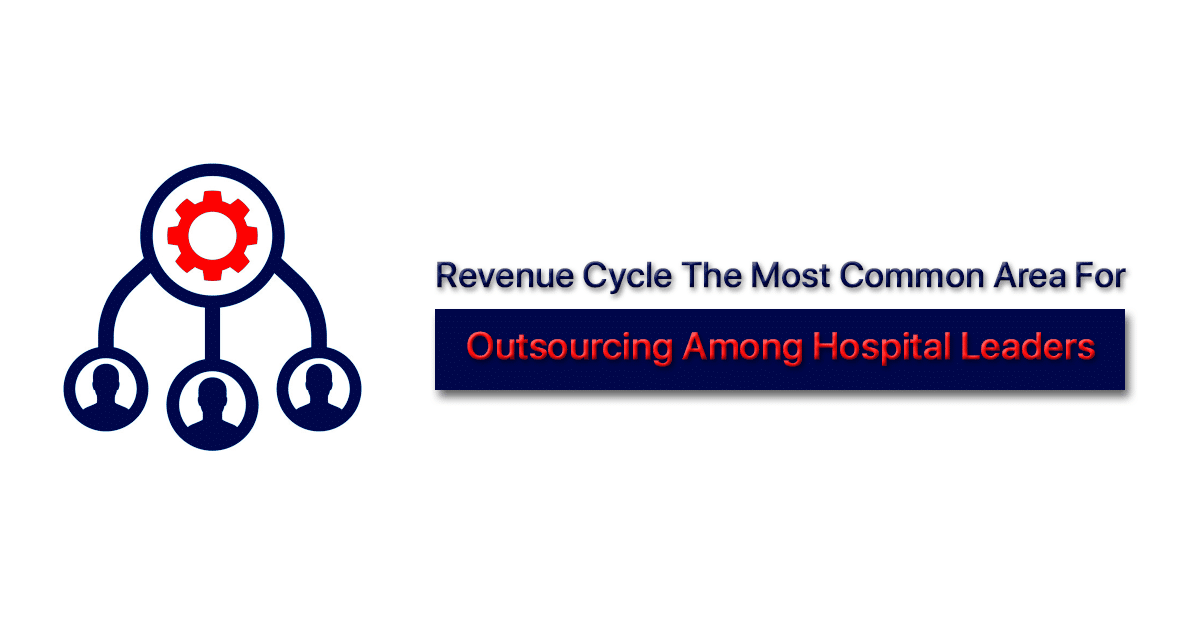While these activities oftentimes become challenging, they should help in facilitating reimbursement. This month, we’ll dive into the next steps needed for medical practices to take after being credentialed to maximize the chances of receiving reimbursement. The next critical steps after getting credentialed are (1) to conduct eligibility checks for patient visits and (2) get […]
The average health system saw 110,000 claim denials due to prior authorization and other factors in 2022, a recent study says. KEY TAKEAWAYS: Revenue cycle leaders are placing denials management at the top of the list of areas to improve for 2023. Denials rose to 11% of all claims last year, up nearly 8% from […]
A recent survey highlighted how payment cuts are affecting denial strategies. Healthcare organizations are on the verge of stepping up their denials management strategies in 2023 as rate cuts are expected to impact revenue. On the delivery side, most practices plan to continue their telehealth operations in the New Year, according to the 2023 Part […]
Federal healthcare leaders say they are committed to helping physicians, patients, and health insurance companies by improving the prior authorization process for medical care. On Jan. 17, Center for Medicare & Medicaid Services Administrator and U.S. Surgeon General Vice Admiral, held a listening session with health care stakeholders. That was followed by a conference call […]
The billing and collection process in medical offices can be a time-consuming and error-prone process. This can lead to denied claims, uncollected revenue, and frustrated patients. Medical billing companies are looking for ways to optimize this process to improve efficiency, accuracy, and patient satisfaction. One way to optimize the billing and collection process is to […]
The difference between a financially and clinically successful practice and one that is struggling often comes down to whether they have the code right and document thoroughly. Changes in 2021 to major coding categories, such as evaluation and management (E/M) coding for office visits means major change that can hamper your operations if not done […]
In 30 years of running revenue management the usual suspects come up in a Key Performance Indicator (KPI) Dashboard such as Charges, Payments, Adjustments, Net Collection, Gross Collection, Days in AR, AR over 90 Days and Bad Debt. Then you have the breakouts for each category by payer, CPT Code, Location, or ICD Code. There […]
Payers have been wrongly cutting payments to physicians for evaluation-and-management (E/M) services—often automatically through the use of claim-editing algorithms. A new AMA resource helps physicians fight back against health insurer downcoding. Downcoding happens when a payer changes a claim to a lower-cost service than what was submitted by the physician, leading the practice to get […]
A report highlights pandemic-related impacts of the past year on revenue cycle challenges. As the labor shortage continues to hamper healthcare organizations, outsourcing has become a common strategy to mitigate costs. Nearly one-third of hospital and health system leaders (63%) have pursued at least one outsourcing solution, with revenue cycle functions at the top of […]
Healthcare policies and rules are continuously changing, and it’s important to stay on top of what all insurance carriers are doing and how their changes impact your practice’s revenue cycle. This, as well as managing your accounts receivable (A/R), is the best way to ensure your cash flow does not bottleneck and cause damage to […]

